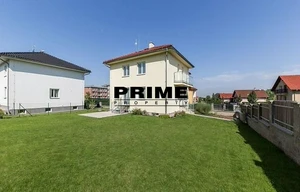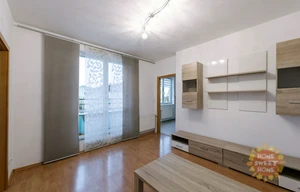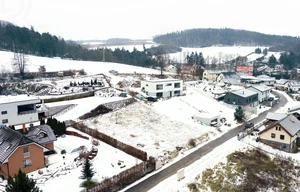Navigating the Czech school system typically tops the list of expat concerns. Czech state schools have traditionally been criticized for outdated and rigid teaching methods which emphasis rote learning and memorization, although a 2006 study by the US Department of Education found that Czech students excelled over their American counterparts in math and sciences.
In recent years, a more student-focused approach has slowly become the norm, though in terms of teacher-parent communication, parental involvement, the facilitation of kid’s special needs, and discipline some foreigners with children in Czech schools say that the system still has a long way to go.
Here are the basics of what to expect from the early years through the university application process:
Nursery schools “jesle” or “jesličky”
Age: 1 to 3 years
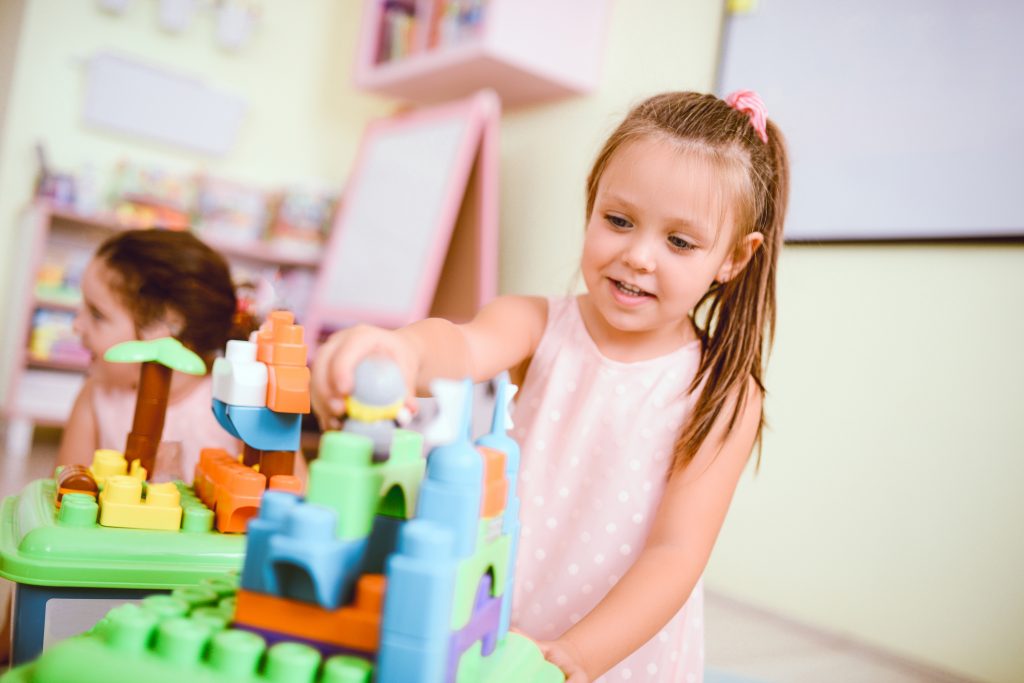
Public and private nursery school or daycare options exist in the Czech Republic, though the number of state-operated nurseries is limited in the Czech Republic. Priority is given to parents who work, though families on parental leave can place their child in nursery for up to 46 hours.
Tip: While the number of state-sponsored nurseries is on the wane, sending your child to a private Czech daycare can be quite affordable (and parents can even get a tax break, Školkovné, on monthly tuition). For a list of private English- and Czech-speaking daycares in Prague see here.
Kindergarten or “mateřská škola”
Ages: 3 to 6 (mandatory from age 5)
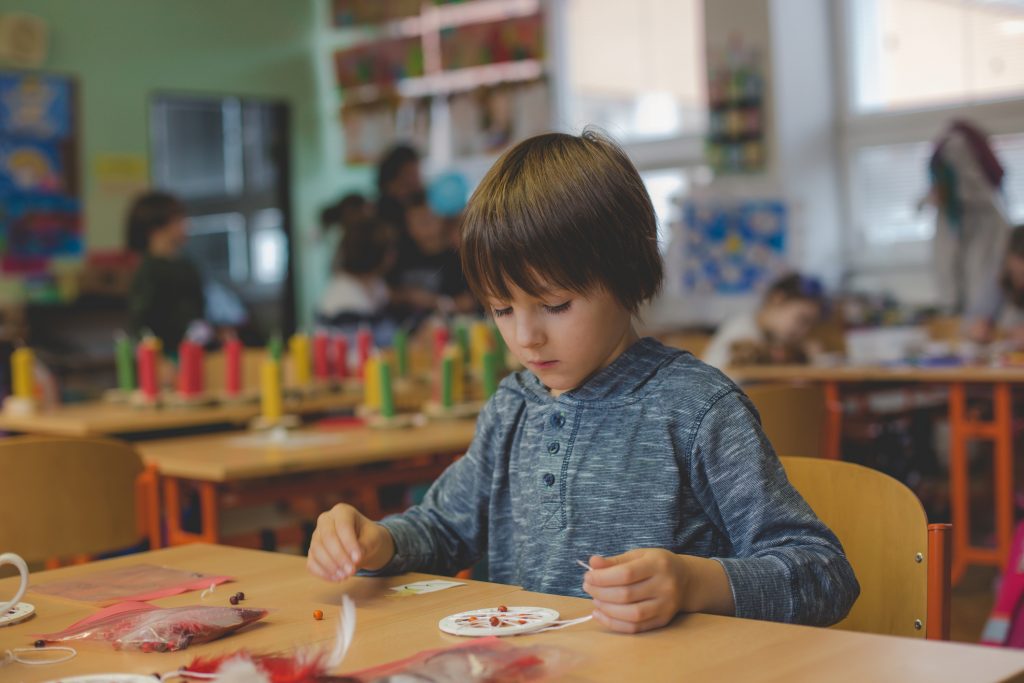
Kindergarten in Central European countries, including the Czech Republic, typically means a pre-school facility for children aged 3 to 6 years. In the Czech Republic, kindergarten is mandatory from age 5.
The aim of Czech kindergarten is to encourage social interaction and play. Children can attend kindergarten half-day, going home after lunch or for a full day, until late afternoon, pick up is usually between 4-6pm.
In order to attend primary school, a child is expected to be “physically and mentally capable.” That means being able to eat with a spoon, sit at the table, drink from a cup, wash his/her hands, go to the toilet, and use a tissue.
Kindergartens don’t have ‘catchment zones’ and it is possible to enroll your child in a kindergarten in a district where you don’t have permanent residence (some parents opt for schools with a bilingual program or those in the center of Prague which have been deemed foreigner-friendly). But only if those schools have space.
A class can have children from different age groups, and class sizes range anywhere from 15 to 24 kids; take advantage of the school’s open day (Den otevřených dveří) to ask the director about admission criteria and costs which include a small monthly amount for field trips and incidentals (lunch fees are separate).
Tip: Foreigners with non-Czech-speaking kids in Czech schools are entitled to free language help. For more information visit Prague for All or the Association for Opportunities for Young Migrants.
Elementary school (Základní škola )
Ages: 6 to 15

Primary school in the Czech Republic begins at age 6 and has 9 grades, divided into two internationally recognized levels: 1st level (1st to 5th grade) is considered primary education; while 2nd level (6th-9th) is internationally known as lower secondary.
In the first level in the Czech Republic, one teacher typically teaches all subjects while in the second level different teachers with appropriate qualifications cover different subject areas.
The general objective of the primary school is to provide pupils with a basic education that will prepare them for entry into different types of secondary schools.
Each school has a designated catchment area or a list of streets from which it is required to accept each pupil. If the school’s capacity is not fulfilled, the school head can accept pupils residing outside the catchment area.
Children are admitted to the school when they enroll during the zapis or sign-up days which usually take place in springtime and involve basic testing.
Tip: It is possible to enroll your child in a bilingual state school in Prague. A great resource for discussing school options is the FB group School Kids in Prague.
Secondary Education
Ages: 15-18

Secondary education starts with the end of compulsory education. Broadly speaking, the system is divided into technical schools (odborná škola) and grammar schools (gymnázium).
Technical schools are aimed at more practical education in fields such as technology, business, economics, health, and education. Graduation can end with either the “maturita” exam or a final exam with or without a diploma. Most students are enrolled for 4 years, though 2- and 3-year courses are possible.
Grammar schools are oriented toward students who intend to study at a university. Graduation from a grammar school ends with the completion of the “maturita” exam. Enrollment at a grammar school usually begins with the completion of basic schools. However, a student can try to enroll when he/she is 11 or 13 for an 8- or 6-year course.
Entrance criteria for both grammar schools and technical schools vary. It can either be based on an entrance exam, school results or a combination of both. Attend the school’s open day, the date for which should be found on its website.
The “maturita” is not the only option for secondary school students. It is also possible to study at an international school and obtain either the International Baccalaureate (IB) or the International General Certificate of Secondary Education (IGCSE).
Higher education
Ages: 18+

Entrance into a public university is based on the results of an entrance exam. Each course or faculty has its own exam, which could be written and/or oral. The more prestigious Czech universities, at least from a local point of view, are public.
Today, the degree program in the Czech Republic is quite similar to elsewhere. They have the three standard degrees Bachelor (bakalář), Master (magistr) and Doctor (doktor). The Bachelor course goes for 3 to 4 years, Master’s from 1 to 3 and a doctor from 3 to 8 years.
The Czech Republic also confers the degree ‘Engineer’ (inženýr), abbreviated as Ing., for postgraduate study in technology, economics or agriculture. It is similar to a Master’s Degree. Students must speak the Czech language to enroll and receive though there are a number of universities in Prague offering instruction in the English language.
For more advice on schooling in Prague and the Czech Republic, visit our Education section.












 Reading time: 5 minutes
Reading time: 5 minutes 

